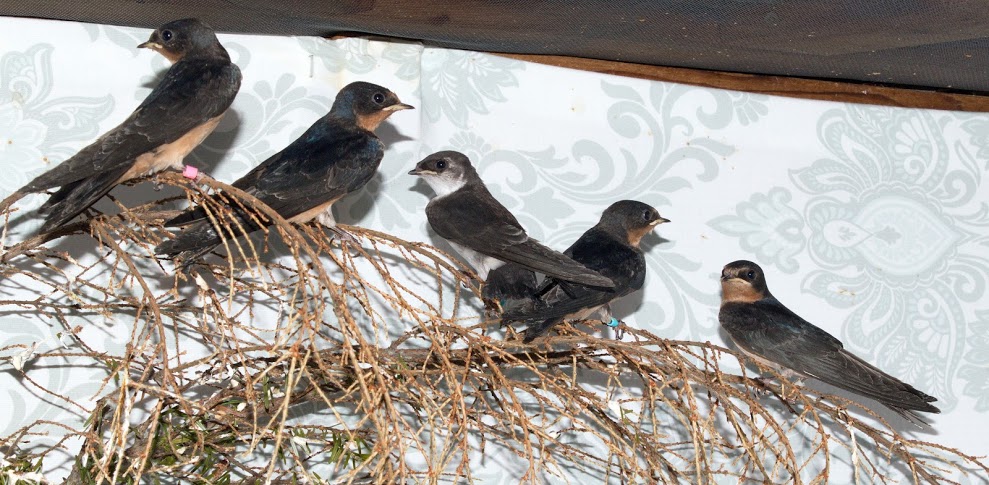Support Us
Since 1979 more than 140,000 animals have been treated by Wildlife Rescue.
Thanks to the support of individuals like you, Wildlife Rescue can provide a lifeline for animals in distress.
Rooftops especially those with greenery, ponds, and pools have become a popular, attractive nesting site for some parents. These rooftops mimic natural environments for parents who choose to raise their young in hopes to protect them from potential predators from attacking. However, parents do not realize that these rooftops are dangerous for their newly hatched goslings, preventing them from leaving the rooftop safely.
Read MoreSpring and summer are a particularly sensitive time of year for ground-nesting birds. We need your help to ensure ground-nesting wildlife like the northern junco, hermit thrushes, and meadowlark are among species that can lay and protect their eggs safely. One of the most common and easily forgotten human disturbance during spring is lawn mowing.
Read MoreOne of the clearest signs of spring is the reappearance of migrating birds and readily available sources of food including seeds, insects, and fruit. Migrating birds return to their breeding grounds early spring and midsummer to reproduce. They tend to find trees, rooftops, wetlands, and ponds to prepare for their nesting season.
Read MoreAssess the circumstances when you first notice a baby. Take note of their energy levels and behavior to distinguish if this bird needs your help or if it should be left alone. If it is a hatchling or appears weak and quiet, it may need help. Birds parents will leave their young to collect food or water and return shortly.
Read MoreThe windows in our homes are a huge danger to our neighborhood birds. In the spring, birds are migrating north to find the best place for nesting and raising their young. As they are navigating our yards they can fly into windows because the foliage and sky are reflecting, making it look as though the animal can fly through.
Read MoreThis relaxed attitude of the bushtits and heroic residents from a local community in East Vancouver, BC helped Wildlife Rescue reunite a fallen nest back to its parents within 24 hours.
Read MoreIn situations like this we want to encourage the public to call our wildlife response line immediately so we can prevent injuries and infections from escalating and start medical treatment before starvation, infection, and death occurs,” says Janelle Stephenson, Hospital Manager at Wildlife Rescue Association of BC.
Read More
Wildlife Rescue BC encourages the public to refrain from these options at all costs and learn how to resolve rodent and wildlife proliferation in your home and residence with options that are inhumane and those that protect and serve the wildlife in our environments.
Read More